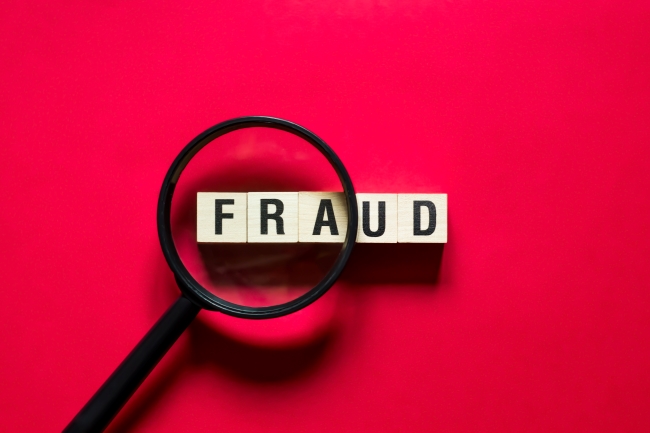Medicare fraud is a growing problem, costing Medicare beneficiaries billions of dollars every year. Unscrupulous criminals posing as Medicare representatives convince unsuspecting seniors to share their personal information resulting in identity theft or fraudulent Medicare claims billed in their name. You can avoid being a victim of Medicare fraud through education and vigilance. You can make a difference and help shut down Medicare fraud.
Guard Your Card
You should guard your Medicare card and ID number just like you would your credit cards. Keep your Medicare card in a secure safe spot. Only share your Medicare number with healthcare providers you know.
Beware These Latest Scams
Be suspicious of any scenario where you are asked to provide your personal information. This should be a red flag to proceed with caution and pay close attention. The individual or organization contacting you may not be who they say they are.
- Unsolicited Phone Calls, Emails or Text Messages
Most Medicare fraud occurs over the phone. Medicare will not contact you unless you have reached out to them first asking for help. Do not answer any calls from unknown numbers. Don’t rely on your caller ID since scammers can use technology to falsely display Medicare as the caller. If you answered a call by mistake, hang up immediately. Scammers are professionals who seem friendly and may appear to be legitimate because they already have some information about you such as your name, address, or date of birth. Don’t be tricked into staying on the phone with them. Do not respond to suspicious text messages or emails. Do not click on links or open any attachments.
- Offers of Free Services
Always be skeptical of unsolicited offers for free services or services your doctor didn’t order. This can include free diabetic supplies, Covid 19 tests, back or knee braces, wheelchairs, genetic testing or offers for a free personal emergency alert system. The scammer will tell you the service is covered in full by Medicare, but they need you to provide your Medicare ID number. They may also ask for a credit card to cover shipping costs. Never accept items you did not order through the mail as you may be billed for these.
- Offers for a New Medicare Card
The scammer may say you were sent the wrong card in error. Or your card needs to be activated, renewed, or updated. They will ask for your Medicare ID number in order to verify your account. They may ask for a credit card to cover mailing costs.
- Offers to Switch Medicare Plans
The scammer may try to entice you to change plans, offering lower premiums and better benefits. They will request your Medicare number in order to enroll you in a new plan and may even request a credit card number in order to charge an enrollment fee.
- Offers of a Refund
You may be told that Medicare owes you a refund due to an overpayment. They will ask you to verify your Medicare ID number and may ask for your social security number and bank account information in order to send you the refund.
- Reports of Suspicious Activity
You may be told there has been suspicious activity on your Medicare account. They will ask you to verify your Medicare ID number and social security number so they can investigate the issue for you.
- Threats Your Coverage Will Be Cancelled
Professional scammers don’t want to give you time to think. They may tell you that you are at risk of having your Medicare coverage cancelled if you don’t act immediately. Stay calm and don’t panic. Do not feel pressured into doing something you will regret. Your best course of action is to hang up immediately.
Keep Good Records
It’s important to keep track of your doctors’ appointments and medical services so you can review your medical claims and statements for accuracy. Always check dates, the type of service provided, the doctor or facility that provided the service, and the charges. Make sure your prescription claims reflect the correct drugs, dosages, and prescribing physician. This will allow you to quickly identify any potentially fraudulent activity.
If You Think You Are the Victim of Fraud
If you think you are the victim of fraud, it’s important to take immediate action and call Medicare at 1-800-MEDICARE (1-800-633-4227). Also notify Social Security, banks, and credit card companies if you gave the scammer any of this information. Change any passwords associated with these accounts.
Your Local Medicare Agent Can Help
When you work with an experienced local Medicare agent at Health Care Educators, you have a year-round resource who can provide guidance and answer any questions you may have. Give us a call today.

